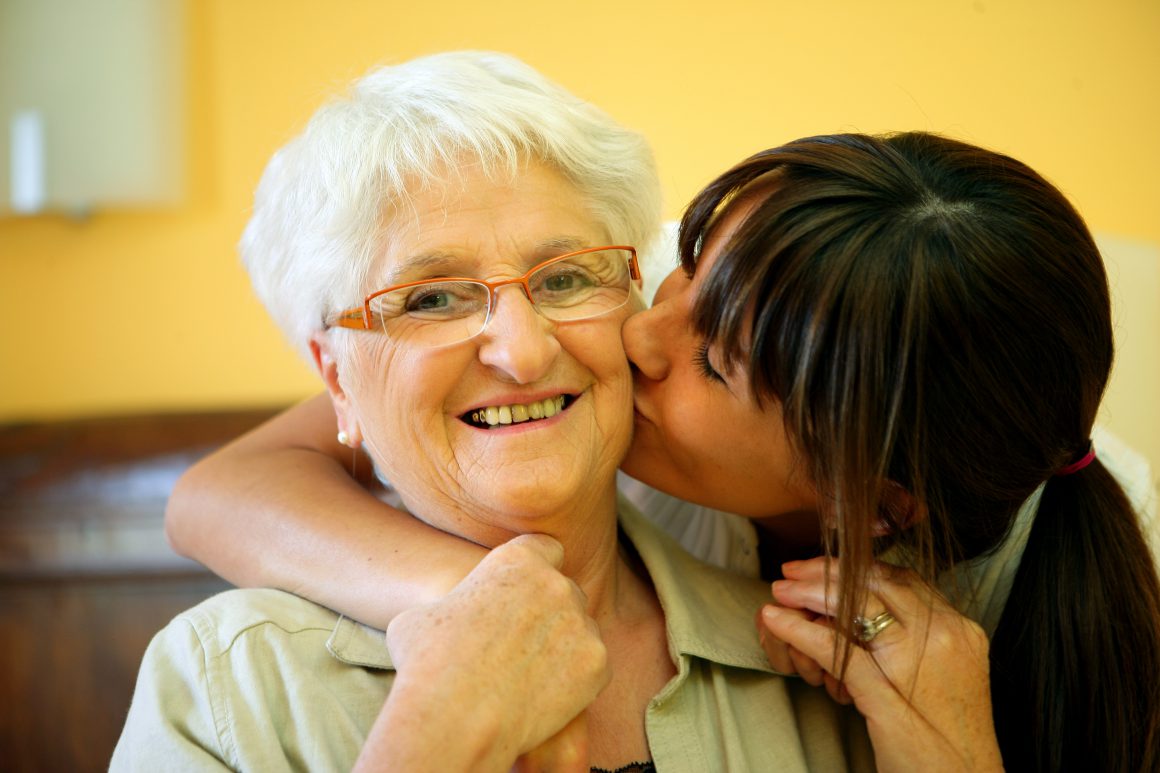Guest post by Jane Garbutt.
According to The National Institute for Aging, one in three people over 65 falls every year. Aging causes changes in balance, mobility, and sensory awareness that often leads to trips or falls. These incidents can be dangerous for older adults living alone. Many seniors depend on emergency services for help during a falling incident, but following preventative tips will hopefully help to prevent senior falls before they occur.
Reasons for Falls
Learning how to prevent falls begins with understanding why falls happen. Normal changes during aging, such as failing eyesight, changes in hearing, and reduced balance all contribute to falls. Illnesses, especially those affecting the brain, and reduced physical strength are also strong contributors. Some seniors fall due to poor lighting, or loose throw rugs in the home. Additionally, medications may create challenges that lead to a fall, including medications for sleep issues, depression, diabetes, or hypertension. Seniors who take more than four medications daily have been proven to fall more often.
Impact of Falls
According to the New York Times, Justice Blackmun died at 90 years of age after a fall. While this is an extreme example of the impact of falls, it is realistic. Falls are the reason behind 87% of all bone fractures in seniors, according to MedicineNet. Hospitalization after a fall is common, especially after an injury such as a hip fracture. Other common injuries after a fall are bruises, head trauma, and skin lesions, in addition to a loss of confidence and emotional injuries.
Preventing Falls for Seniors
Prevention is the best method in preventing falls. A doctor may direct a patient to contact their Medicaid liaison for short-term cane use after switching or adding medications. Wearing non-skid shoes everywhere, even in the home, also helps avoid falls. Proper lighting in the home, nightlights in the bathroom and passageways, and secure carpeting also assist in prevention. Throw rugs could be removed or fastened to the floor with secure tape, and flooring edges should be tacked down and checked often for security.
Electrical cords should not be placed across walkways, and grab bars can be installed in the bathroom, near toilets and showers. Handrails on stairways must be secure, and seniors should avoid climbing onto stools or stepladders. Outdoor walkways should be checked and kept smooth with regular maintenance, and must also be kept clear of leaves, debris, snow, and ice.
Seniors who attend regular checkups for eyes, ears, and general health concerns often avoid falls. Other reasons for seeking medical care include feeling dizzy, unsteady when walking, feeling confused, or if a fall happens. Seniors must also partake in clear communication regarding medications, doctor directives such as cane use, and fall risk concerns with their regular medical professional. Limiting alcohol, quitting smoking, and getting regular exercise also helps seniors avoid falling.
Reduced Risk When Families Check In
Seniors are less likely to fall when families check in often. Older people who live alone may try to complete dangerous tasks when no one is available to help. For example, a senior might climb onto a footstool to reach an item on a high shelf, causing a fall that would have been avoided if a family member had instead climbed onto the stool. Checking on seniors and making sure the home is in proper repair will help avoid an accident. Families who check in often help seniors live longer, healthier, fracture-free lives.
Seniors can avoid falls with some planning, extra care, and self-awareness. More people are staying in their homes longer by taking the proper precautions. Together, we can reduce senior falls and help people live longer through preventative measures. And don’t forget to include elderly family members in your overall emergency preparedness too!
Terms and Conditions
All content provided on this blog is for informational purposes only. The owner of this blog makes no representations as to the accuracy or completeness of any information on this site or found by following any link on this site. The owner will not be liable for any errors or omissions in this information nor for the availability of this information. The owner will not be liable for any losses, injuries, or damages from the display or use of this information. This policy is subject to change at any time.

